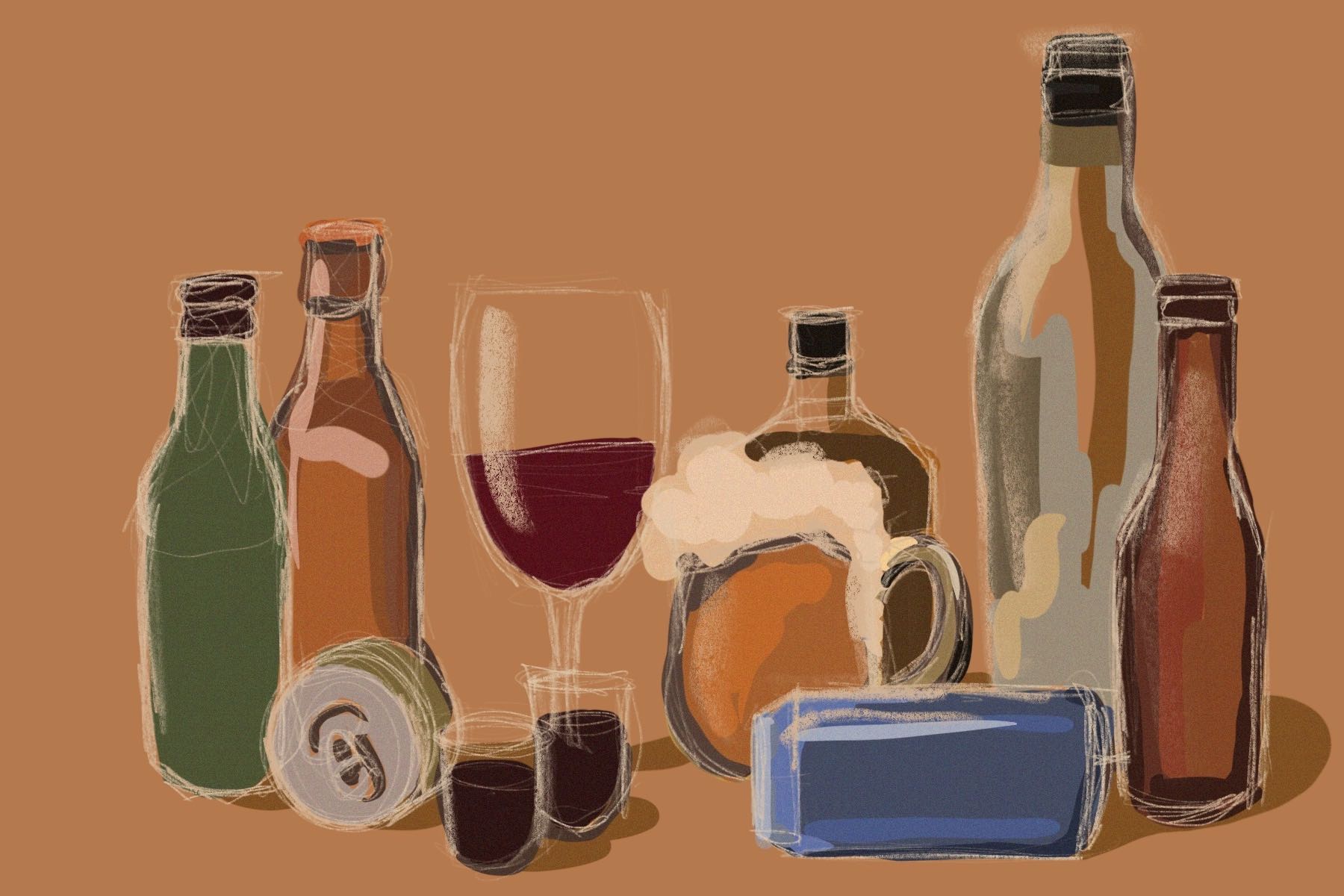New Orleans, Louisiana is the epitome of a party town. From Bourbon Street to downtown casinos to Mardi Gras, people travel from all over the globe to cut loose in The Big Easy. And New Orleans, infamous for its heavy drinking culture, has some of the most unique and lenient alcohol laws in the country. But if you travel a few parishes (or counties, as they’re called in nearly any other state) north, you’ll find “blue laws” as conservative as the rest of the South. That’s the way of the wildly variable Louisiana alcohol laws.
First of all, Louisiana’s legal system differs from every other state in the U.S. because it’s based on French and Spanish codes rather than English law, which means that judges don’t consider judicial precedence when deciding over a case. This means that, instead of following the norm and looking to previous court decisions to determine how to proceed in new cases, Louisianan judges only consider their interpretation of the written law in their rulings.
But that’s not the only weird legal quirk about The Pelican State. Have you ever noticed the drive-thru daiquiri stands littering New Orleans? Typically made with rum, sugar, citrus juice and flavoring, these frozen delights are popular among locals and tourists alike, but because there are strict laws regarding impaired driving, like any other state, the ability to drive up to a window and purchase high-proof alcoholic beverages seems ludicrous.
However, Louisiana alcohol laws specify some very exact conditions that allow these businesses to thrive; because of some fine print in the law, a frozen alcoholic drink is classified differently from a liquid one. As long as the cup remains sealed while in the vehicle, it’s perfectly fine to drive around with it. Legally, a “sealed” cup has an intact lid without a straw and retains all its contents, and many daiquiri shops also adhere to the informal “tape rule”: placing a piece of tape over the lid that, if removed, indicates the drink as an open, rather than closed, container.
Speaking of open containers, New Orleans is one of the few places in the country that permits the public consumption and possession of alcohol. In specific districts like the French Quarter, people over the age of 21 can publicly hold and drink alcohol, but only from plastic containers. And if a parent/guardian/spouse of age is present, those 18 and above may also get a bit jazzed. But take heed, as “public drunkenness” is still technically illegal.
Alcohol could be delivered to your front door if this Louisiana Senate Bill becomes law. https://t.co/i36Cp1qeDn pic.twitter.com/K4G1RGL1Db
— The Advocate (@theadvocatebr) March 27, 2018
So what makes New Orleans so special? A lot of the lax laws stem from the centrality of Mardi Gras in the city’s culture. Mardi Gras, also known as Fat Tuesday, rolls around every year on the last days before the start of Lent, on Ash Wednesday. The mass festivities include plenty of parades and balls to commemorate a final binge, before the Catholic city observes 40 days of partial fasting and individualized abstinence. To enable this beloved tradition and massive tourist attraction, Louisiana alcohol laws grant the attendees carte blanche when it comes to obvious (and often underage) consumption, provided that nobody gets too rowdy or sloppy.
There’s even an entire class of regulations dedicated to Mardi Gras season. While open containers are normally forbidden in moving vehicles, passengers on the many parade floats can drink away. Float passengers can join in on the revelry and enjoy bottomless daiquiris while dispensing plastic beads and doubloons (essentially, garbage), but did you know it’s illegal for them to throw condoms? The historically religious city grants a pass to imbibe all you want, but it draws the line at fornication.
While New Orleans heavily promotes its alcohol-infused industries, Louisiana alcohol laws can get harsher outside The Crescent City. In the French Quarter, you can party all night because the bars literally never close, but a lot of other places in the state demand a 2:00 a.m. last call. Don’t worry, though; most are back open within a few hours, anyway.
Some parishes, especially those in the northern part of the state, also retain old “blue laws.” In general, blue laws prohibit some activity or the sale of some good, like alcohol, on Sundays. Many states throughout the country still enforce various rules of this nature. While Louisiana has overturned its alcohol prohibitions, you still can’t buy or trade an automobile on the day of rest.
Louisiana alcohol laws cultivate the state’s rich culture of letting the good times roll. All too familiar with heartbreak and disaster, citizens know how to appreciate what they’ve got and live life to the fullest. From crawfish boils to debutante balls, New Orleanians go all out with their celebrations, and alcohol plays an essential role.
















